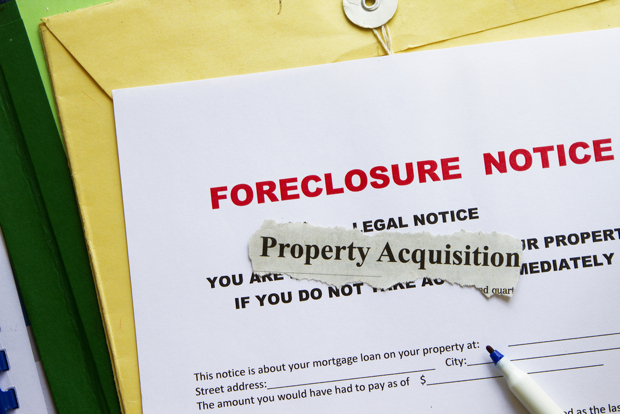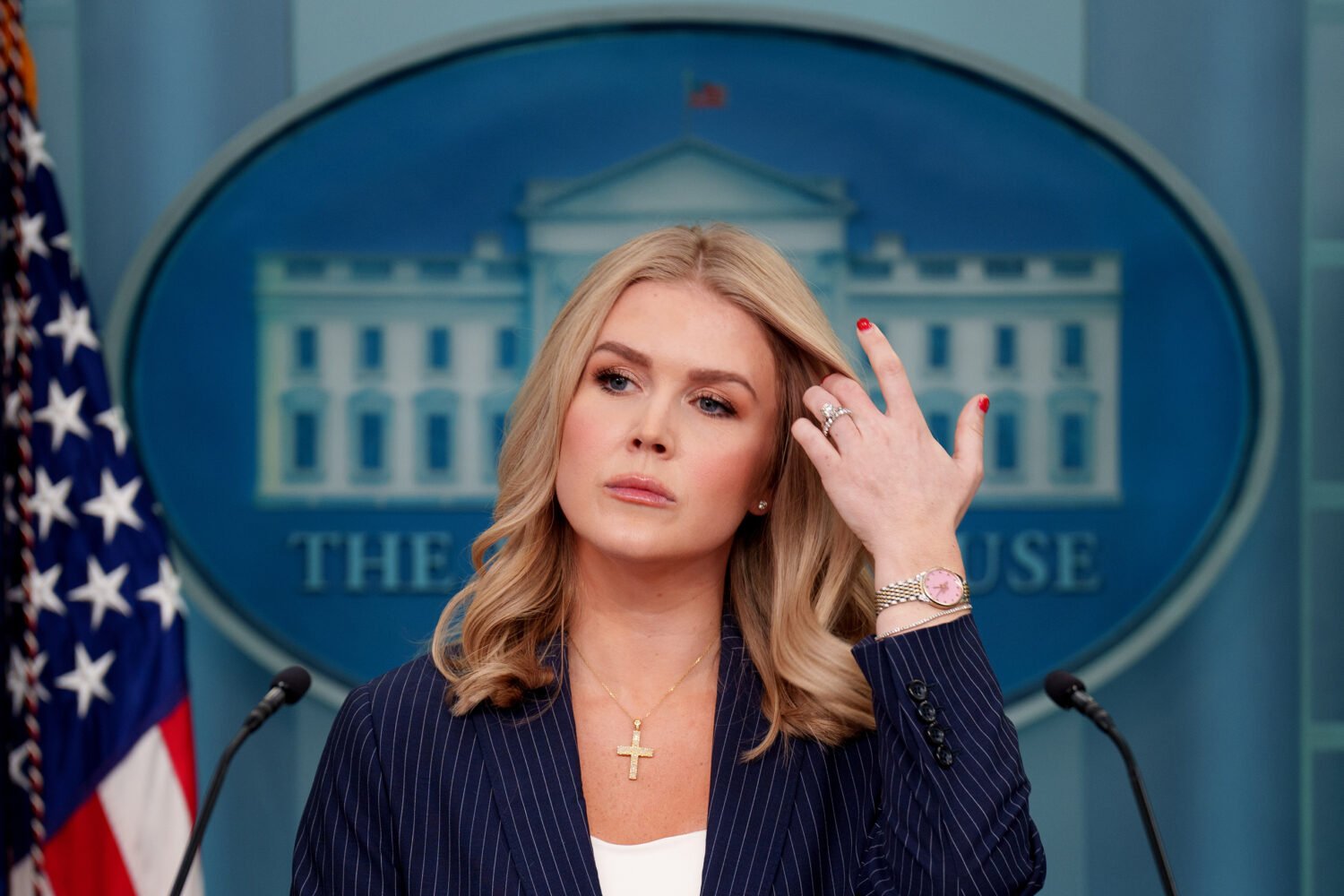The DC government’s practice of selling property tax liens—some as small as $45—to outside investors has led to hundreds of low-income residents losing everything in foreclosures when those lien buyers come knocking, according to a searing investigation published Sunday by the Washington Post.
The Post found 509 foreclosures due to tax lien sales in the District since 2005, most of which hit residents of poorer, less developed neighborhoods. Seventy-two percent of the cases happened in parts of the city where the population is less than 20 percent white. Many of the now-former homeowners are elderly or ill. And the “investors” buying up the tax liens tend to be out-of-town predatory companies that swoop in later with letters demanding many times more than what the liens were originally worth.
Among the individuals featured by the Post: a 76-year-old Marine veteran whose $134 property tax lien turned into a $4,999 legal bill; a 65-year-old florist whose $1,025 lien was sold to a Florida company that then foreclosed on his Northwest DC home while he was dying from cancer; a 95-year-old church choir leader whose house got taken over a $45 lien as she suffered from Alzheimer’s.
Tax lien sales are overseen by the office of DC Chief Financial Officer Natwar Gandhi. Gandhi’s deputy, Stephen Cordi, tells the Post that the process is the first and last resort for the city to collect property tax debt. But as Washington has become a hotter real estate market, the clip at which those liens are sold has increased, though the CFO’s office no longer sells off liens worth less than $1,000.
The Post’s investigation has caused plenty of outrage in just a day. On Twitter last night, DC Mayor Vince Gray said that he was “appalled at [the] injustice” unearthed by the story.
The CFO’s office is independent of the mayor, but Gray followed on his comments today by demanding a stop to tax lien sales. “The mayor found out about OCFO’s policy on tax lien sales by reading about it in the Post article yesterday, and he was shocked and outraged by the revelations,” Gray’s spokesman, Pedro Ribeiro, writes in an email.
Gray also intends to send legislation to the DC Council that will include “needed protections” for the homeowners, especially seniors, who appear to have been the most vulnerable to the lien sale practice.



















